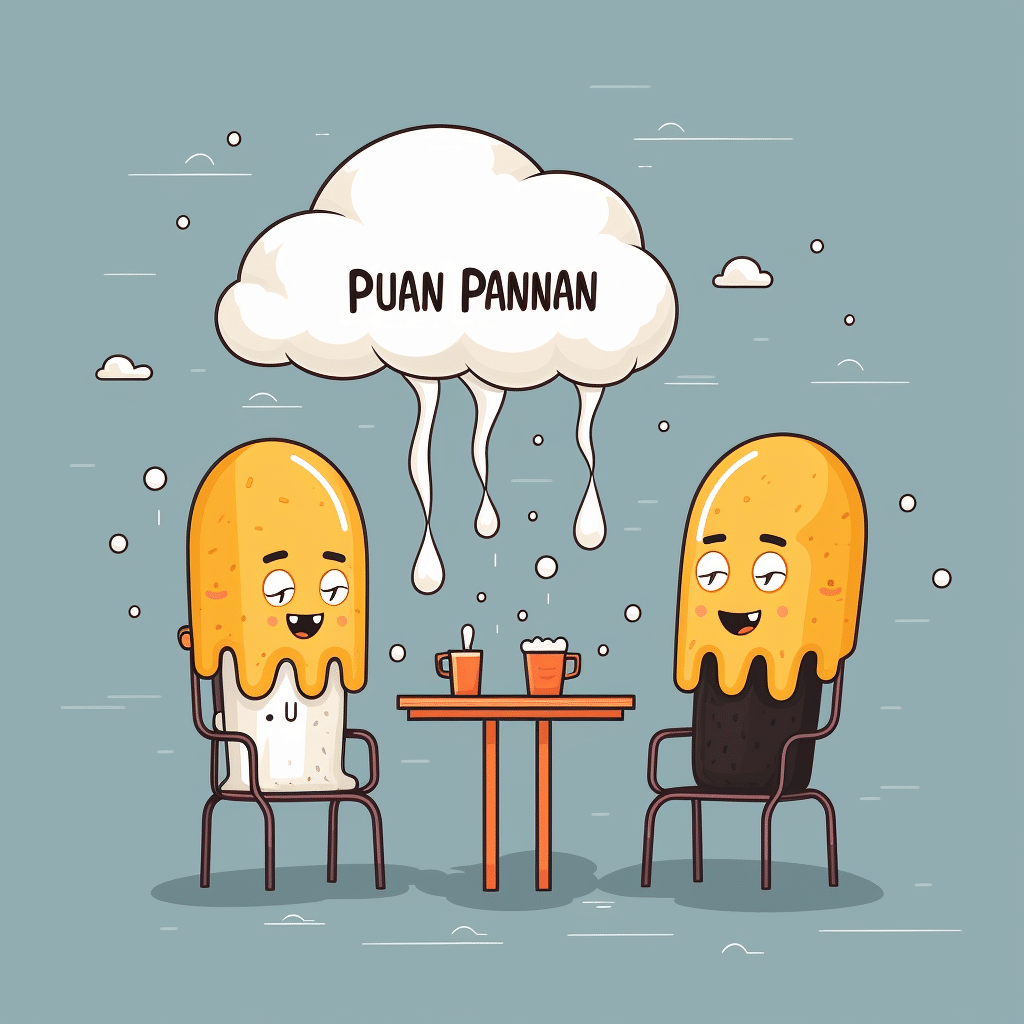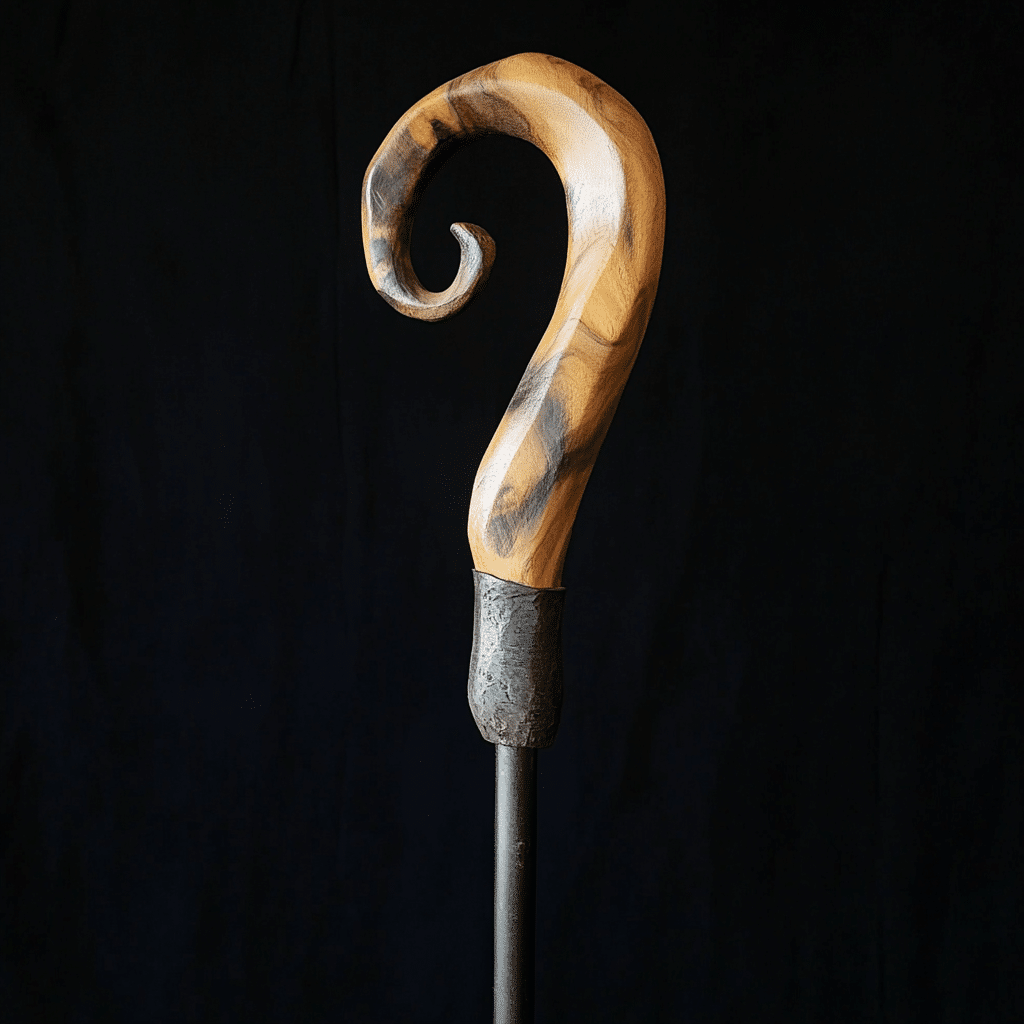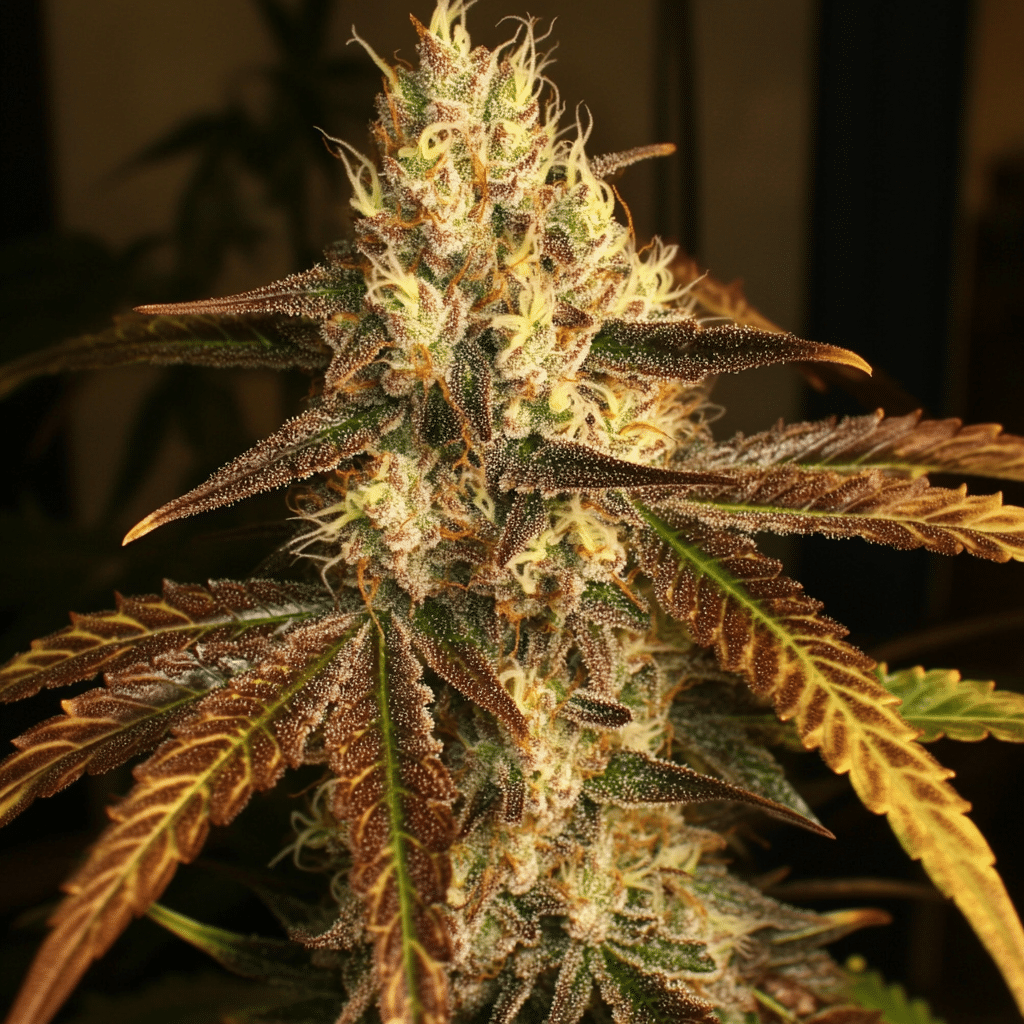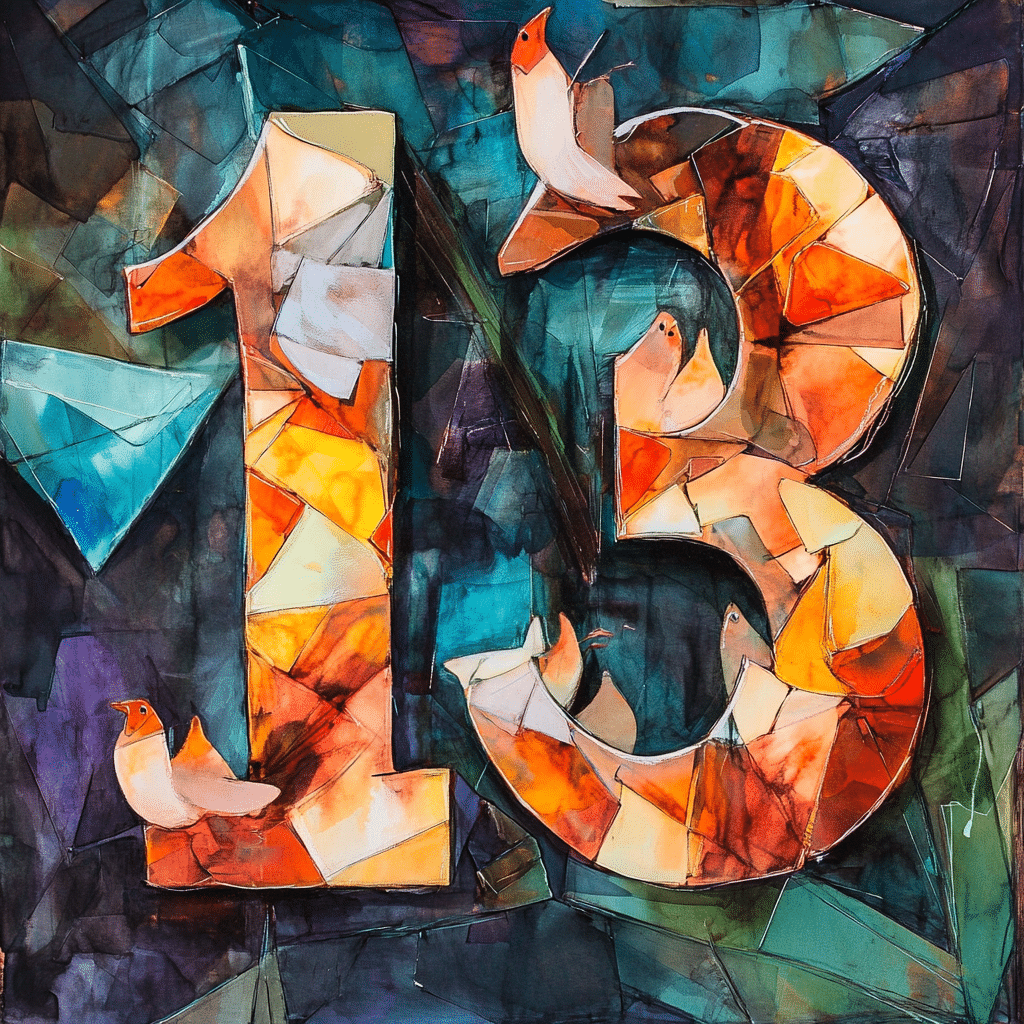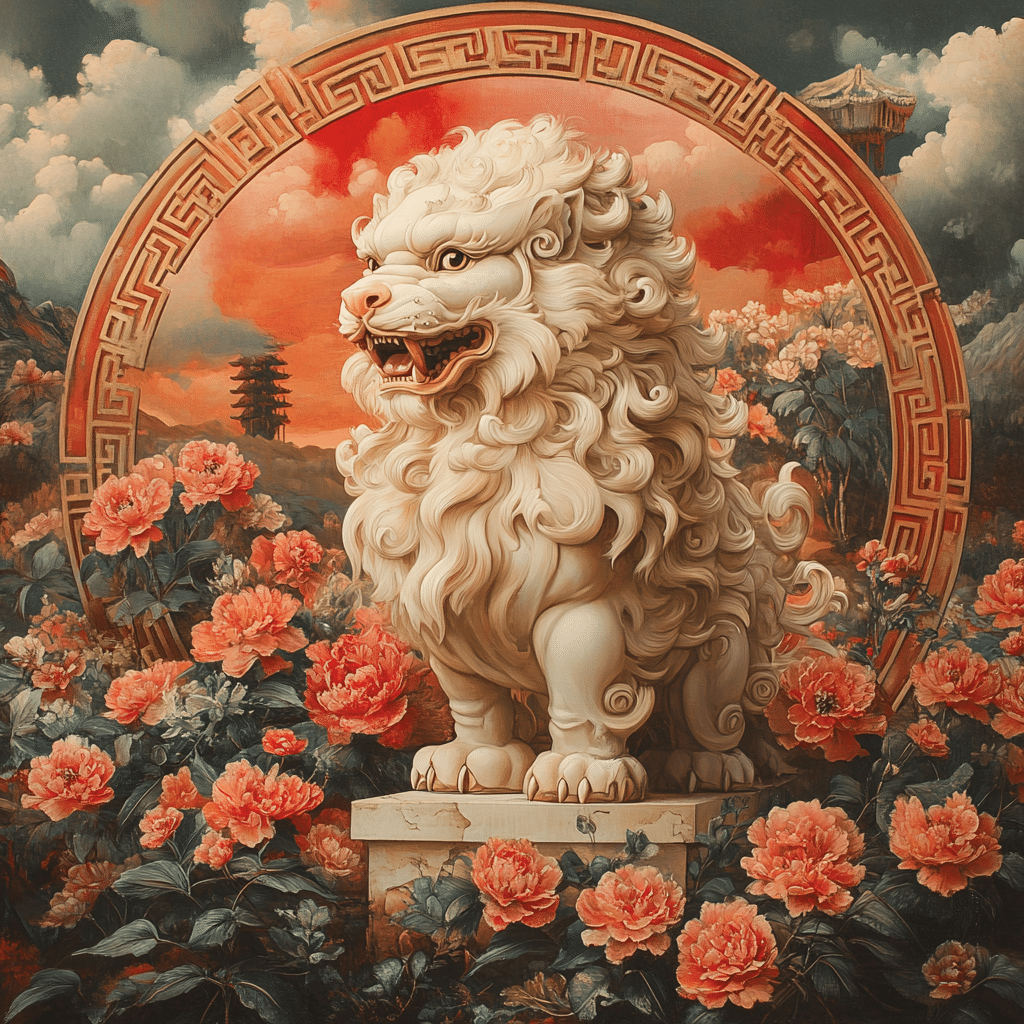Let’s face it, we’ve all been at the mercy of a pun joke—those deviously clever plays on words that either leave us chuckling or audibly groaning. Well, they are more than just a quick wit’s party trick. They are a cerebral symphony played out in the orchestra of language. So, buckle up as we plunge into the jest of puns, and who knows, you just might be inspired to drop a pun bomb at your next meeting.
The Art of Wordplay: Unpacking the Mechanics of Pun Jokes
At their core, pun jokes are a form of wordplay that leverages similar-sounding words or exploits the multiple meanings of a word to comedic effect. Unlike other forms of humor that might rely on physical comedy or situational irony, puns are a testament to the flexibility of language and a well-tuned linguistic acumen.
Puns are no modern invention; in fact, they’ve been a staple since the days of Shakespeare and were even used in ancient Sumerian cuneiform jokes—talk about an oldie but goodie. Through the ages, they’ve percolated through every level of humor, from high-brow literary works to slapstick comedy.
The basic structures of pun jokes are homophonic, where the pun is derived from words that sound the same but mean different things; homographic, playing on words that are spelt the same but carry different meanings; and compound puns, which are a bold juggle of both sound and meaning elements.
I caught up with a Witticisms expert, and they provided an intriguing insight: puns engage our brains more holistically than many other forms of humor. Our grey matter lights up like a Christmas tree as it works to untangle the linguistic knots of a well-spun pun.
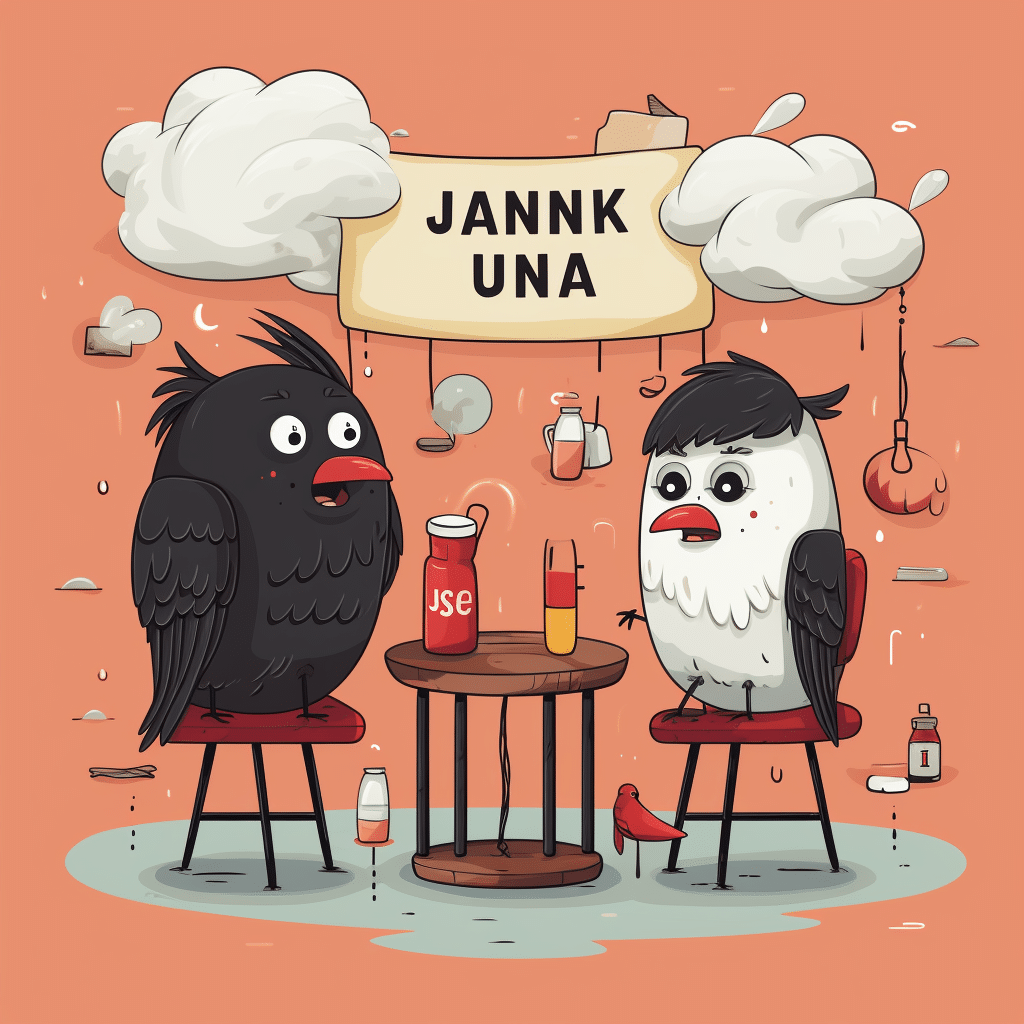
Crafting Wit: The Creative Process Behind Pun Jokes
Ever wonder what a comedy writer’s workshop looks like? Well, it’s laden with streams of consciousness laden with potential puns. The key to a successful pun, it seems, is to find the perfect balance between the familiar and the unexpected, crafting a linguistic bridge between the two.
Timing and delivery are paramount. A pun landing too early or too late can fall flat, but hit that sweet spot, and you’ve got comedic gold. It’s a thin line that comedians and writers tread masterfully.
Furthermore, puns aren’t just constrained to one language; the real challenge is crafting bilingual or cross-cultural puns. Not everything translates well, but when it does, it’s a small marvel of linguistic dexterity.
| Aspect | Description | Examples | Possible Effects on Listeners |
| Definition | A joke exploiting the different possible meanings of a word | “I used to be a baker, but I couldn’t make enough dough.” | Amusement, groans, appreciation for wordplay |
| Origin of the Term | The word “pun” might come from the Italian “puntiglio” meaning “a fine point”. | N/A | N/A |
| Types | Homophonic Puns: Words sound alike but have different meanings | “Orange you glad I came.” | Laughter, surprise |
| Homographic Puns: Words spelled the same with different meanings | “Atheism is a non-prophet organization.” | Laughter, surprise | |
| Homonymic Puns: Both sound and spelling are alike | “Time flies like an arrow; fruit flies like a banana.” | Laughter, confusion, delight | |
| Social Use | Icebreakers, comedy routines, casual conversation | N/A | Bonding, lightheartedness |
| Phonetic Style | Often relies on pronunciation for effect | “The cows are outstanding in their field.” | Elicits more humor in oral delivery |
| Cultural Variability | Dependent on language nuances and may not translate well | N/A | Misunderstanding if used in an inappropriate context |
| Intellectual Appeal | Engages the brain in recognizing the dual meanings of words | “You can tune a guitar, but you can’t tuna fish.” | Appreciation for cleverness |
| Potential Downsides | Can be seen as cheesy or lowest form of humor | N/A | Annoyance, disengagement |
| Psychological Effect | Light-hearted puns can improve mood and group cohesion | N/A | Increased group bonding, happiness |
From Groans to Giggles: The Social Dynamics of Pun Jokes
There’s a physiological reason behind our ‘gag reflex’ to puns. It’s the brain’s way of acknowledging the cleverness while protesting the apparent simplicity of the joke. Love them or hate them, they evoke a reaction, and in today’s social media-driven world, that’s gold. Just peek at the trend data, or take a gander at popular accounts dedicated to puns. They’re viral for a reason.
In advertising, a well-placed pun can make a brand unforgettable (just think of furniture row and how those streamlined adverts stick in your mind). They break the ice, bringing smiles and shared chuckles, which is a great backdrop for any brand message.
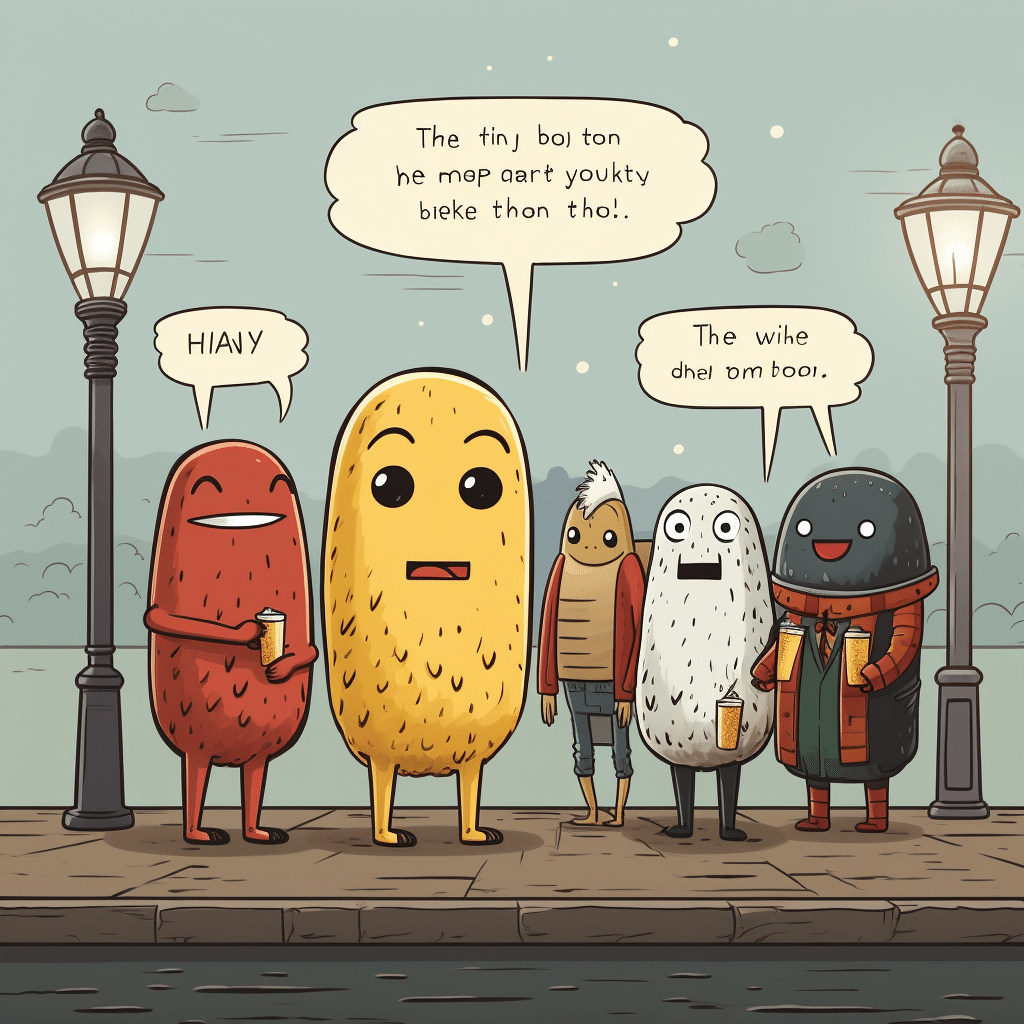
The Neuroscience of Nonsense: Why Our Brains Relish Pun Jokes
Contemporary neuroscience has shown that humor and wordplay, like puns, activate regions in the brain associated with language processing and abstract thinking. Essentially, puns are a workout for your cognitive muscles, veiled in levity.
In experiments, subjects exposed to pun jokes showed greater cognitive agility when encountering complex problem-solving tasks later on. These findings illuminate just how vital a role humor plays in our mental health and agility.
Beyond the Wordplay: Pun Jokes as a Cultural Phenomenon
Pun jokes aren’t just a linguistic tool; they’re cultural markers, encapsulating and commenting on the zeitgeist. They’re prevalent in political satire, seen on protest signs giving a voice to the people with wit sharp as a tack. They also define cultural in-groups and out-groups—knowing a pun can be like knowing a secret handshake.
Expert Speak: A Comedian’s Take on the Evolution of Pun Jokes
When diving into the evolution of puns, a renowned comic reflected on their sophistication, noting the symbiotic growth with technology. From simple phrases to complex multimedia expressions, technology plays a pivotal role in shaping how we create and disseminate puns.
Looking to the future, they predict further interplay between AI and pun creation, possibly even seeing machines that could generate pun jokes—blurring the lines between human and artificial humor.
Navigating the Fine Line: The Ethics of Pun Jokes
As fun as puns can be, they skate a delicate line. There’s the potential for offense, especially if a pun inadvertently perpetuates a stereotype or plays on harmful biases. It’s an ongoing debate within the comic community, as the line between humorous and hurtful can be subjective and culturally sensitive.
Sometimes, a pun can open up important social discourse, serving as a starting point for discussions on complex issues, as seen with “bad Puns” cleverly camouflaging deeper meanings.
Virtual Reality and Pun Jokes: Blending Tech with Wordplay
Imagine donning a VR headset only to be whisked away into a world built on puns—a reality where language rules bend and twist. That’s not too far off. There are already virtual experiences out there that trade on pun-based storytelling and gaming—a novel way of blending technology with language.
Experts believe that VR and AR could revolutionize how we engage with language and humor, enhancing the delivery and experience of puns to an extent we’ve never seen before.
A Standing Ovation for the Pun: Celebrating the Wits’ Sharpest Weapon
From impacting businesses to leaving indelible marks on personal stories, puns have a distinct staying power. Our global survey reveals that puns transcend cultures—while the specific wordplay might differ, the love of clever linguistics is universal.
There’s a burgeoning scene of pun competitions and awards recognizing the nimble-minded architects of wordplay—a testament to the skill that goes into the craft.
A Twist of Words to Tickle Your Brain: Reflecting on the Jest of Puns
Why do these simple constructs of humor endure in our high-tech, complex world? Perhaps there’s a purity to puns, a distilled form of wit that resonates with our fundamental appreciation for language and cleverness. They’re a testament to the enduring power of a sharp mind and a reminder that sometimes the simplest things bring the greatest joy.
We encourage you, whether in board meetings or break rooms, to embrace the playfulness of puns. Who knows? It just might be the stitch in time that saves a deal or sparks that next big idea. And as we dip our toes into another year, it’s clear pun jokes will continue to evolve, surprise, and delight us, in ways we can’t even imagine yet.
It turns out; puns are no mere joke—they’re a testament to the agility, creativity, and enduring wit of the human spirit. Keep your ears perked and your mind open; the next pun could be the catalyst to your greatest breakthrough or at least a good chuckle.
Get Ready to Crack Up: Puns and Fun Trivia!
Word Play That’ll Make Your Day
Ah, puns—the lowest form of humor, or so say the high-brows who haven’t yet discovered the joy of a perfectly timed wordplay. But let’s not beat around the bush; we all know a groan-worthy pun can sometimes be invincibly funny, much like the anticipation we have for “invincible season 2“.
Now, before you roll your eyes and say “not another pun”, hold onto your hats because we’re about to deep dive into a treasure trove of pun-laden quips and factoids that’ll have you chuckling—or at least pretending not to.
Did You Know?
Guess what? Puns have been around the block a few times. Shakespeare himself was a cheeky little punster, with over 3,000 puns tucked under his literary belt. And it wasn’t just ol’ Willie who had the knack. Our good friend King Louis XIV had a royal court jester named to keep things spicy at Versailles with a sprinkle of pun-tastic humor. Talk about a job with a few strings attached!
A Pun-derful Family Affair
Well, I’ll be! Did you know that wit and a love for puns can run in the family? Take “Carys zeta douglas” for example. Being the daughter of two accomplished actors, she’s bound to have inherited a knack for delivery — crucial for landing a pun just right.
Sharp as a Cheddar
Puns are no mere jest; they’re a sign of a sharp mind—at least that’s what the pun enthusiasts claim. It’s not a piece of cake to craft a pun that’s both clever and timely. Paying a visit to “Postinos” could just serve up some inspiration on a silver platter; who knows, their clever use of language might just rub off on you!
The Twist and Shout of Words
Trust me, there’s nothing like a pun to throw a twist into an otherwise run-of-the-mill chit-chat. Puns are the linguistic equivalent of a magician pulling a rabbit out of a hat when you’re expecting a bouquet of flowers. BAM! You’re left wondering where in the world that came from—both dazzled and bemused.
A Pun in Hand is Worth Two in the Bush
If you’ve ever landed a pun that had a room bursting into laughter, you know it’s a feeling akin to hitting a home run. But here’s the catch: don’t let that pun sit lonely in your head — let it fly free! The groans you get are just as good as the laughs; it’s all about the element of surprise.
Don’t Punderestimate the Power of Puns
Alright, let’s wrap it up with a truth bomb: puns can unleash a powerhouse of creativity. They’re not just about making people laugh (or groan); they’re a testament to the flexibility and playful potential of language. Whether you adore them or pretend to abhor them, puns are here to stay, tickling our brains and showing us that words can be a playground, if we are just willing to swing along.
So the next time you hear a pun, don’t just roll your eyes, give it a try! And who knows, you might just be the next pun-dit on the block, bringing smiles and the inevitable head-shaking disbelief with every witticism you coin. Keep it snappy, keep it punny, and most importantly, have fun with it!
